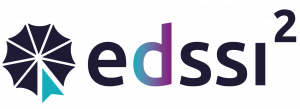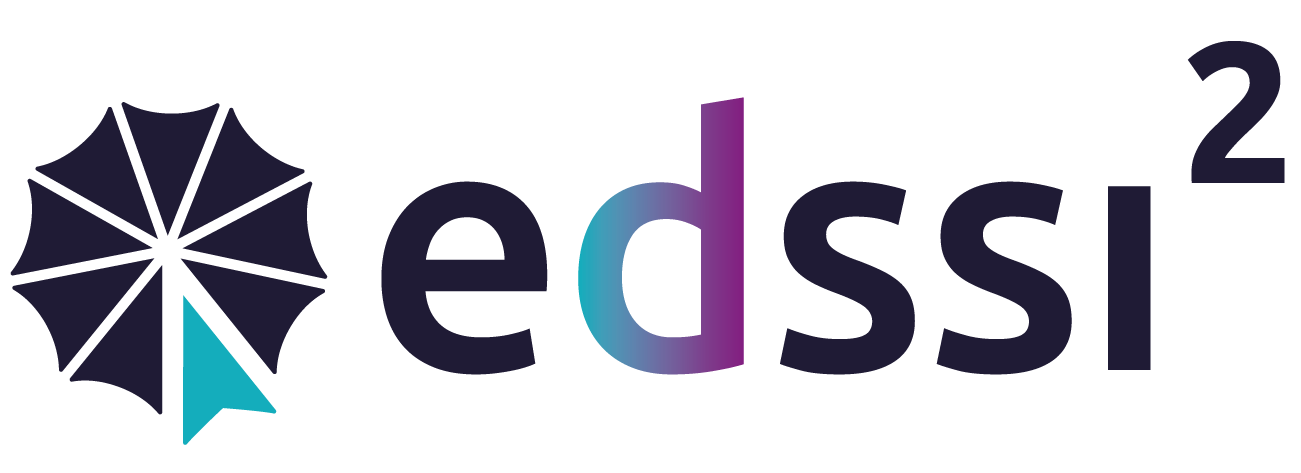Precisely one year ago, 15 higher education institutions, student organisations, student service providers, NRENs and companies met online to officially kick off the European Digital Student Service Infrastructure Level 2 (EDSSI L2).
Led by Humboldt-Universität zu Berlin (HUB), Level 2 builds on the foundations firmly established by its predecessor, the EDSSI project which closed last August. Like its namesake, EDSSI L2 is funded by the Connecting Europe Facility, coordinated by HADEA with a budget of almost 2 million euros. Unlike EDSSI 1 which harmonised the different components of the digital mobility infrastructure, the EDSSI L2 will focus on expanding the infrastructure with the EU Student eCard core service platform and exploring the possibilities of an eCard emulation on EU level as well as the application of eSignature building block.
Already delivering an integrated authentication and authorisation via citizens identities (eID/eIDAS) and higher education identities (eduGAIN), the interoperable infrastructure will be further developed. Indeed, EDSSI L2 consortium members are committed to the following objectives:
- The deployment of an upgraded eCard solution built upon the premise of an EU-wide usable and compatible Student eCard which will allow Erasmus+ students to use their local eCards in whichever hosting institution, regardless of their type or geographical location. The technical team will continue developing the standardised and open-source NFC interface delivered by the recently closed EDSSI project. Additionally, this will be combined with an eIDAS based authentication module and a standardised eCard management solution for HEIs not equipped with card management systems.
- The deployment of the eSignature CEF building block to facilitate legal processes necessary for mobility management and supporting the administrative processes of students mobility. The eSignature building block will be implemented to initially enable one specific use case: the online learning agreement.
The open-source technical infrastructure will be tightly integrated and compliant with the highest level of security, based on the EU General Data Protection Regulations.
Finally, an enhanced infrastructure needs a strong and engaged community. Which is why the EDSSI L2 consortium will go the extra mile and organise fora for stakeholders to facilitate exchange of best practices, ideas and get feedback on the design and development of the infrastructure. Additionally, the higher education community will receive support through training sessions as well as through relevant technical and non-technical documentation shared through the EWP Knowledge Base.
Cover photo by Ketut Subiyanto


